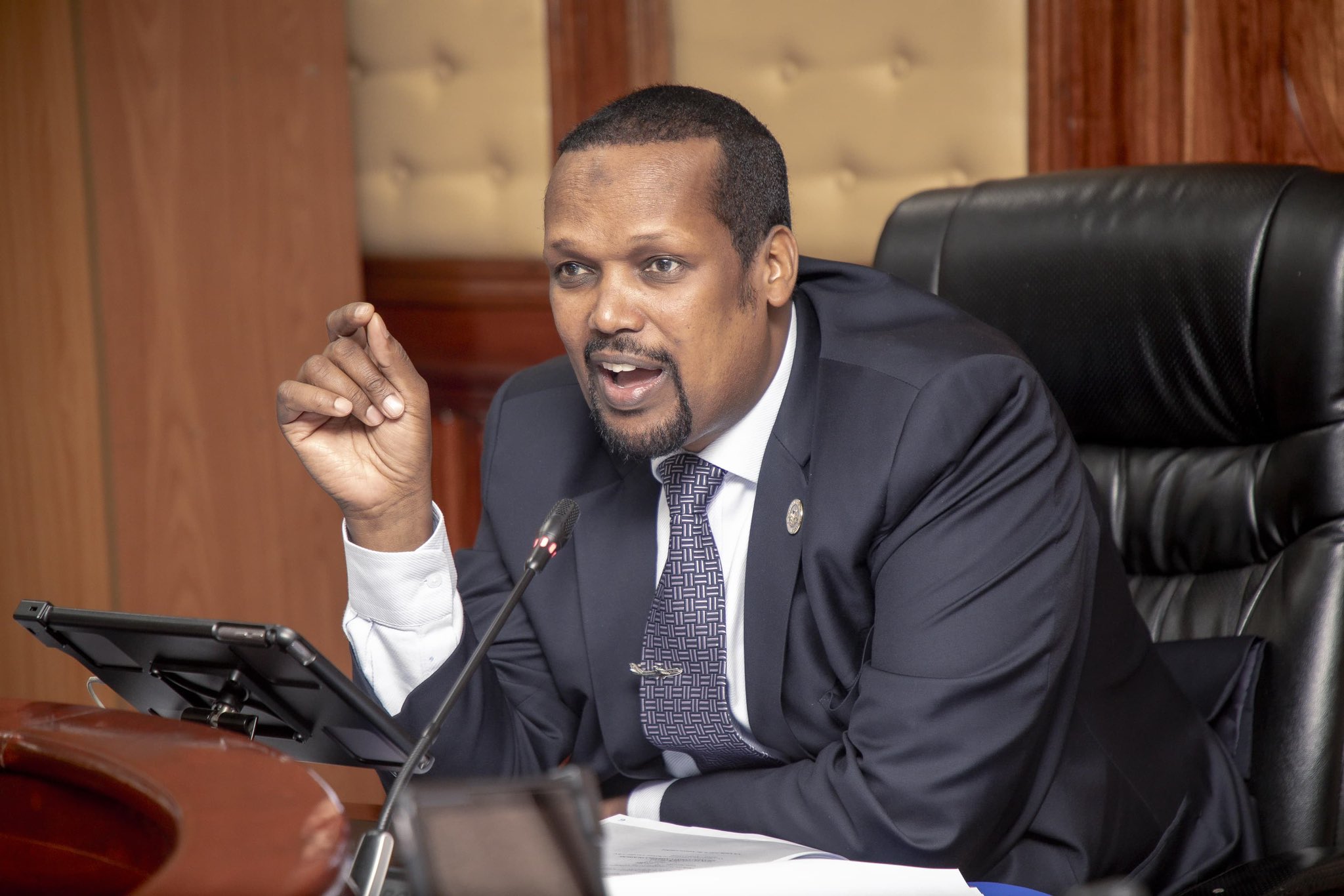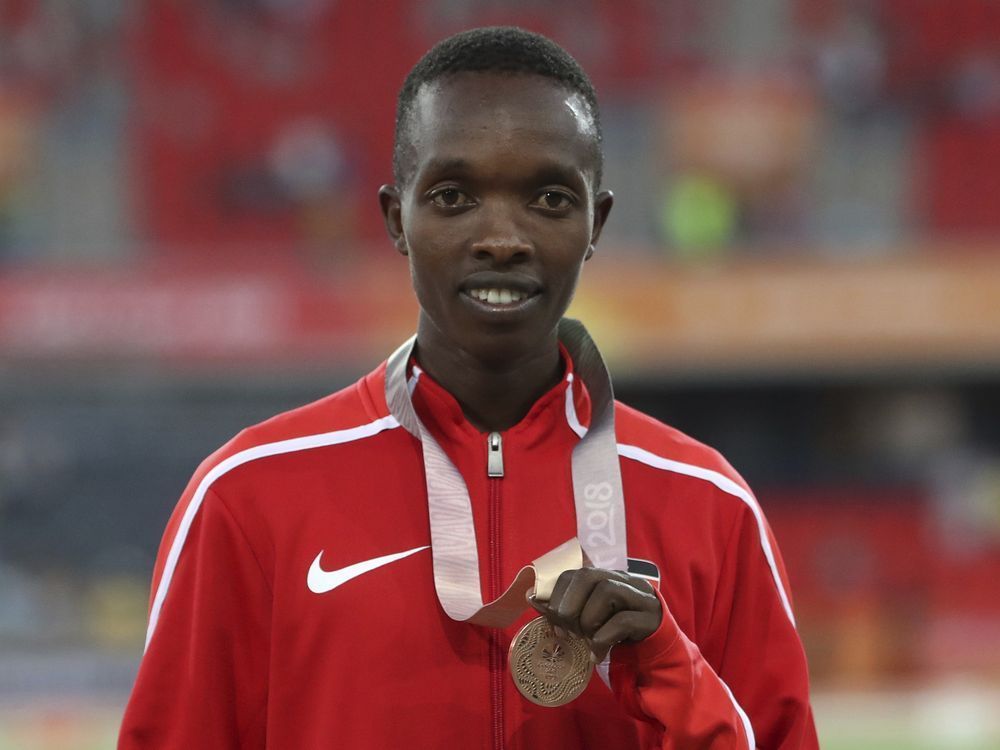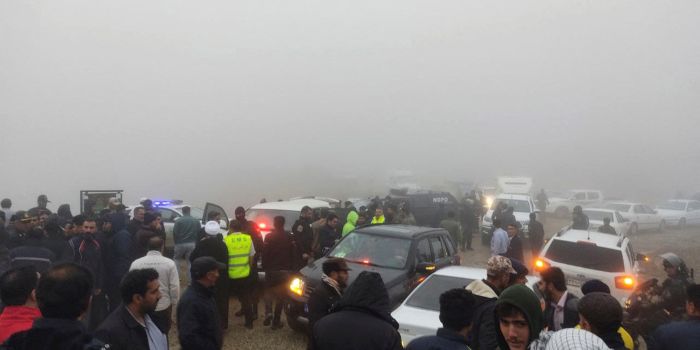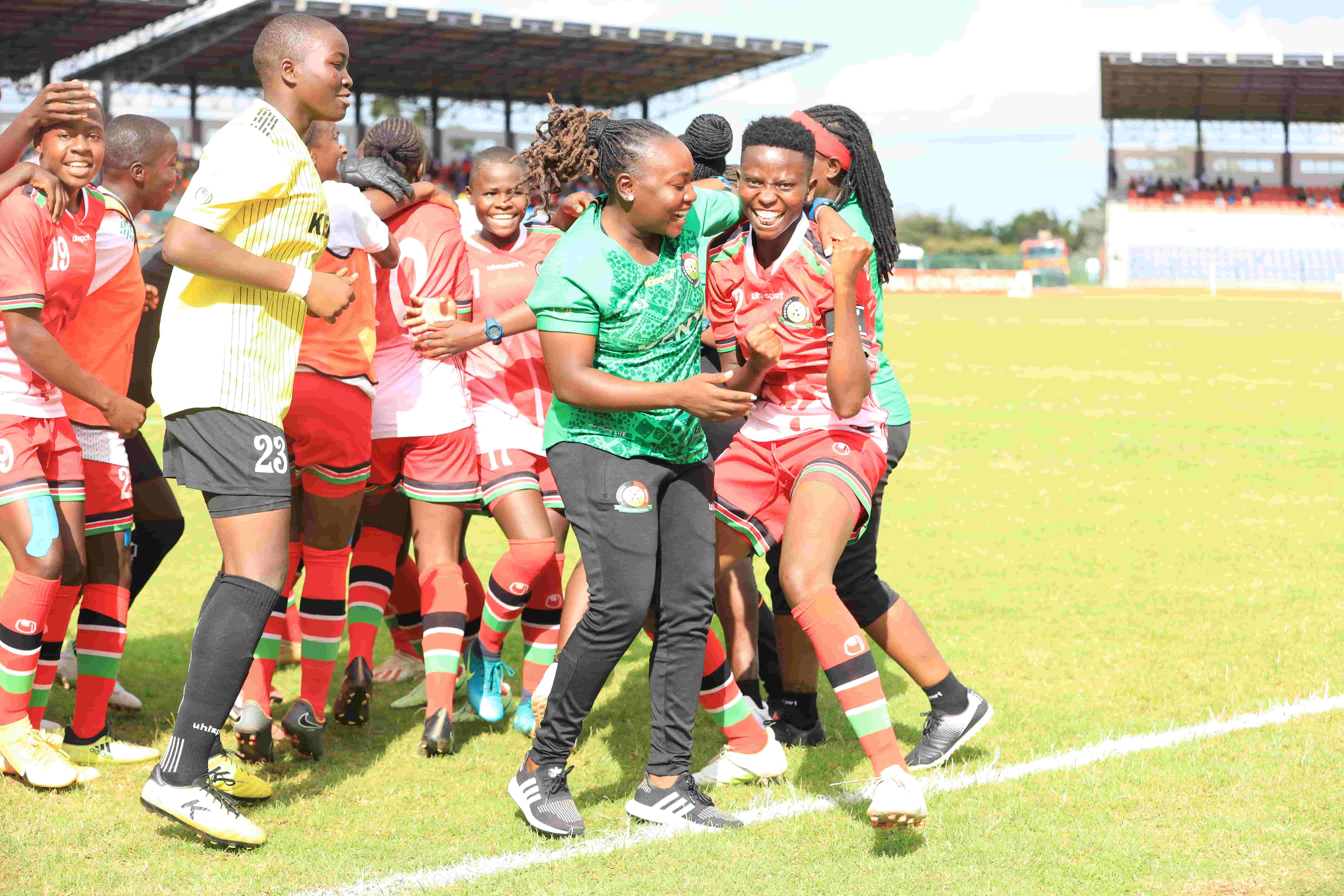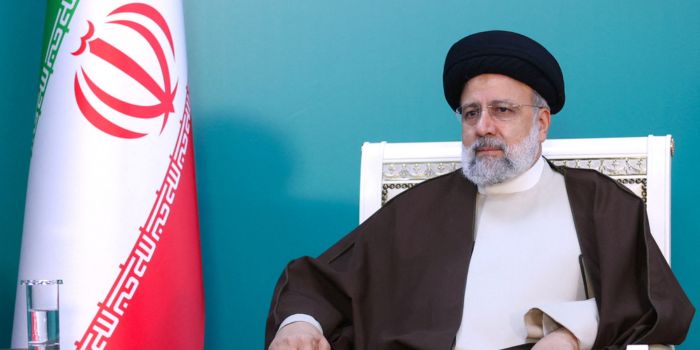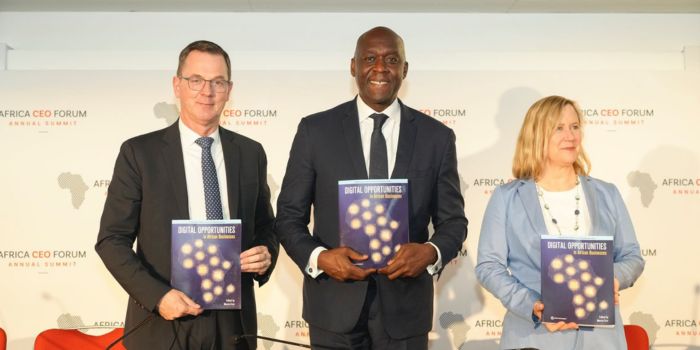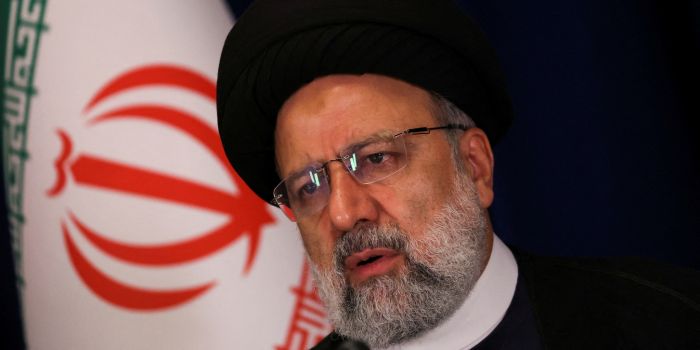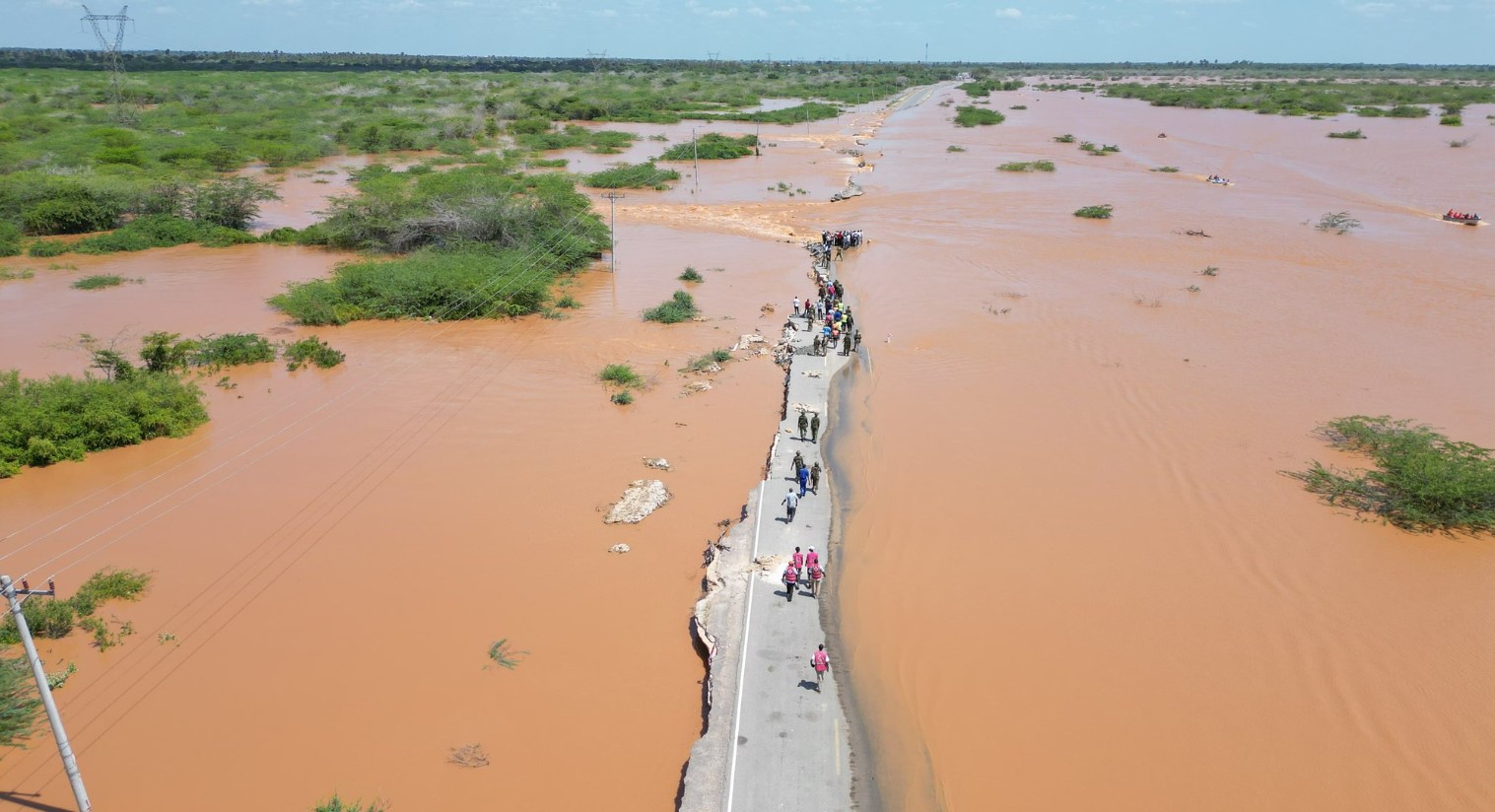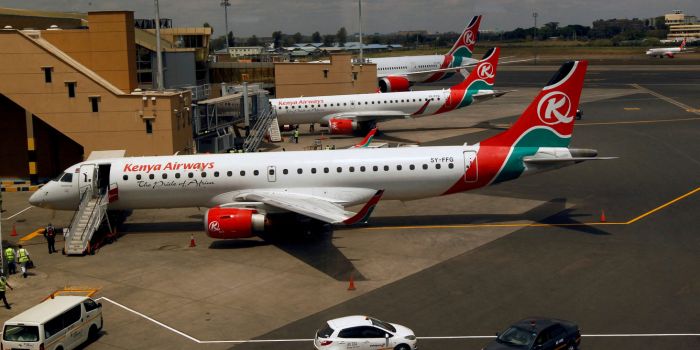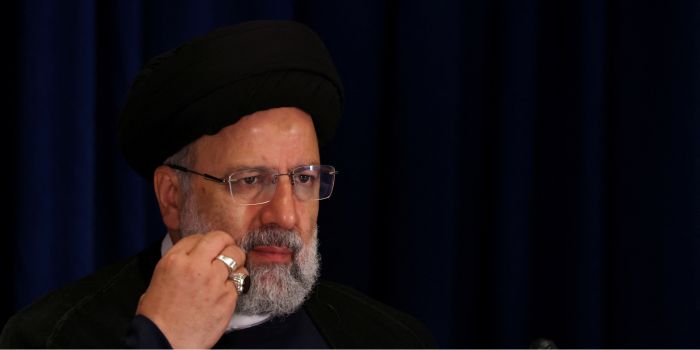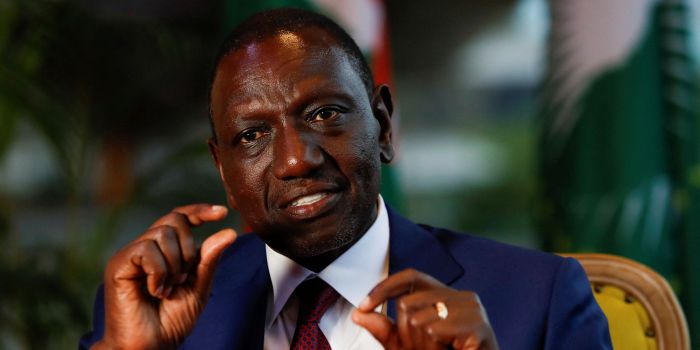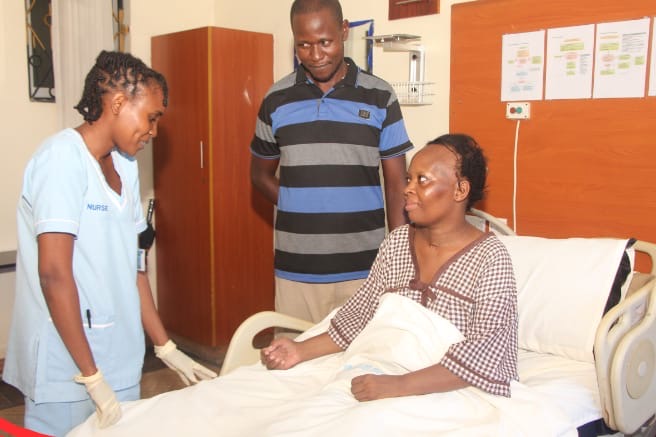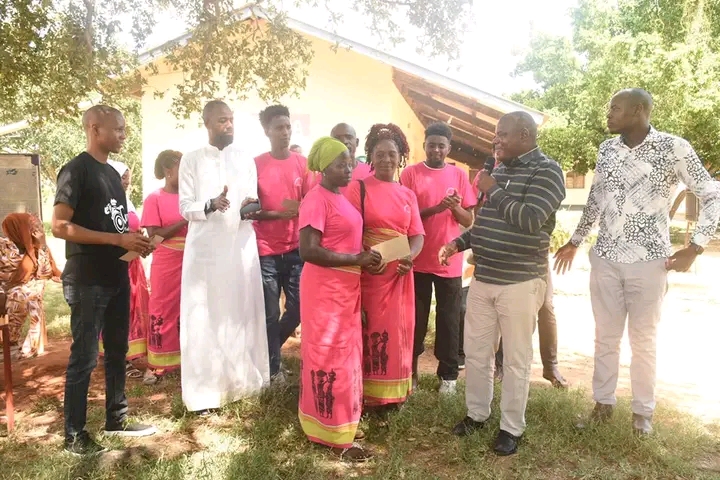Opposition leader renews pressure on probe into killing of key Oromo politician Bate Urgessa
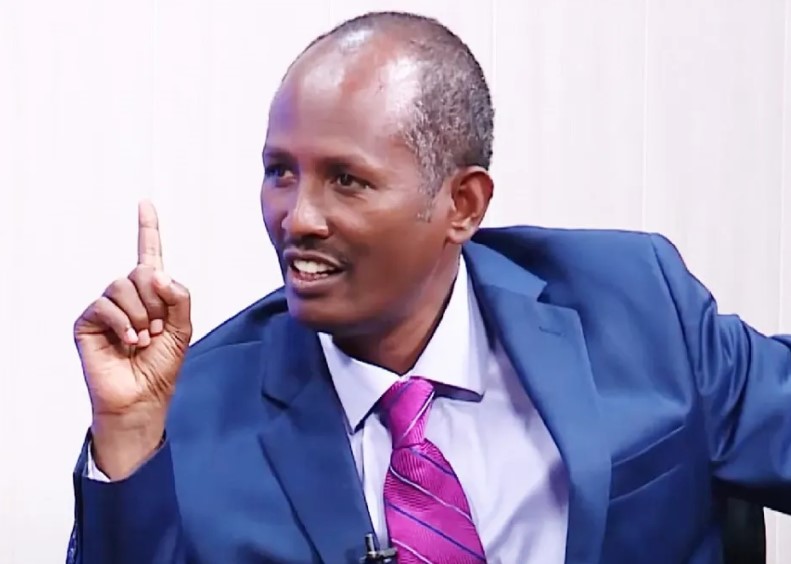
The investigation faced significant setbacks, including the detention of key witnesses and family members by police, ostensibly for their protection.
Jawar Mohamed, a prominent Oromo opposition leader who had been missing in action since his release from prison, recently broke his silence to call for greater transparency from the Ethiopian Human Rights Commission (EHRC) regarding its investigation into the assassination of Bate Urgessa, an Oromo Liberation Front (OLF) political officer.
The EHRC had initiated its investigation following the suspicious circumstances surrounding Bate's death in Meki City, Oromia Region, which suggested the involvement of security forces according to Addis Standard.
Related Stories
Urging the EHRC to act swiftly, Jawar stated, "This confirms what was long suspected by many. Why is the EHRC not releasing its investigation into Batte's killing? They need to urgently disclose what they have learned from eyewitnesses, who have since then disappeared."
However, the investigation faced significant setbacks, including the detention of key witnesses and family members by police, ostensibly for their protection.
These challenges forced the EHRC to halt their investigative work on April 12, as detailed in a letter sent to various regional government offices on April 17 and accessed by Addis Standard.
The disruption of the investigation, marked by surveillance and interference, has drawn international attention, prompting international calls for a thorough and impartial investigation.
Jawahar's own arrest and subsequent disappearance post-release highlight the volatile political climate in Ethiopia.
His detention had been part of a broader crackdown on opposition figures, which he has frequently criticised as a tactic to suppress dissent.
As the international community continues to watch the situation, the EHRC has committed to publishing its preliminary findings soon, despite current challenges.
Bate, remembered as a courageous and dedicated figure, had faced multiple detentions due to his political activism, with his death now a focal point for ongoing human rights concerns in the region.
Top Topics This Week
Dawoodi Bohras
Syedna Mufaddal Saifuddin
Bohra community
Rafah
rafah airstrikes
rafah conflict
israel attacks rafah
rafah invasion
israel operation in rafah
rafah attacks
DR Congo
DRC conflict
President Felix Tshisekedi
DRC army
DRC soldier killed
DRC violence
DRC rebels
DRC President Felix Tshisekedi
DRC attacks
Pharmacy and Poisons Board
Trending
EGYPT-UN-PALESTINIAN-ISRAEL-CONFLICT-BORDER-AID
Dennis Tarus
|
6 months ago
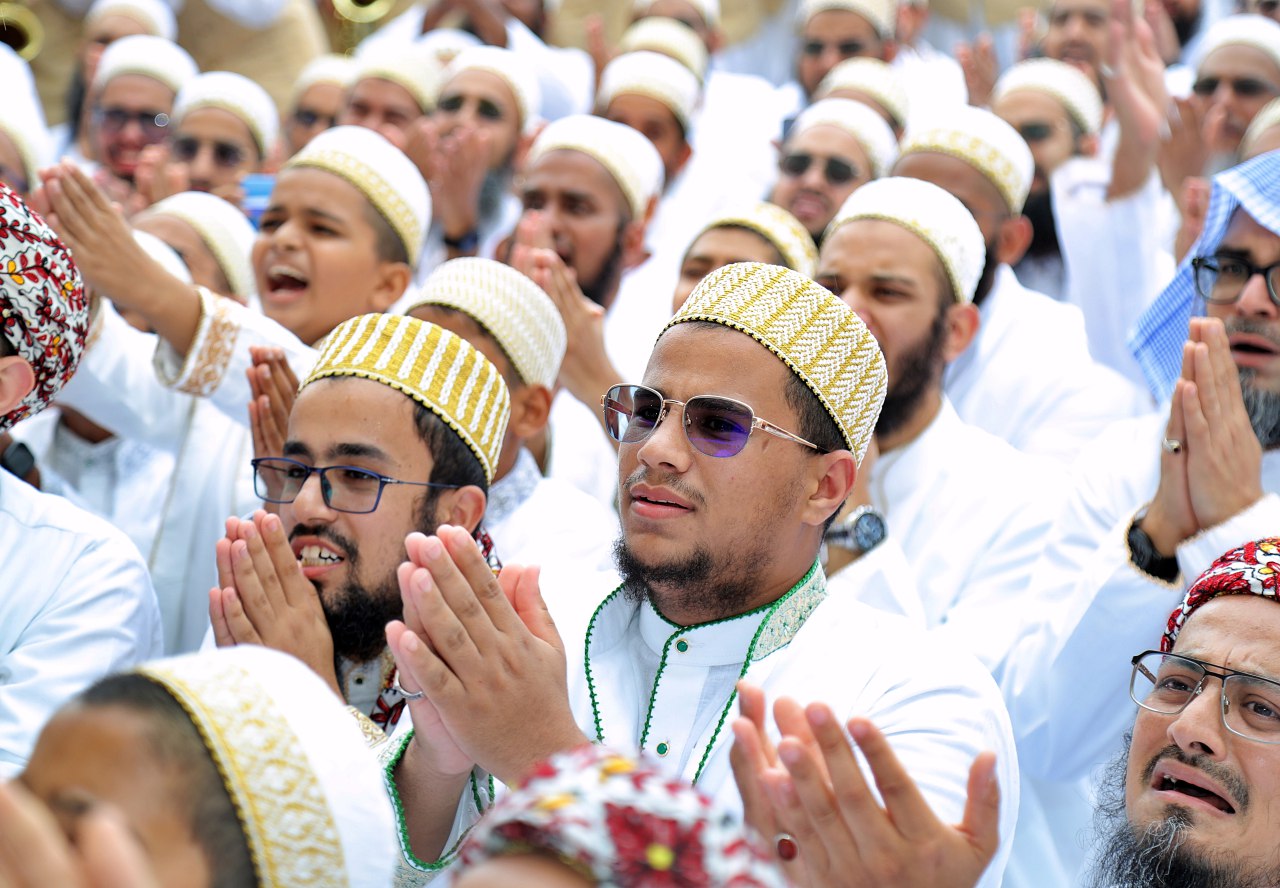
Thousands of Dawoodi Bohras gather in Mombasa for week-long spiritual celebrations
Lucy Mumbi
|
7 hours ago
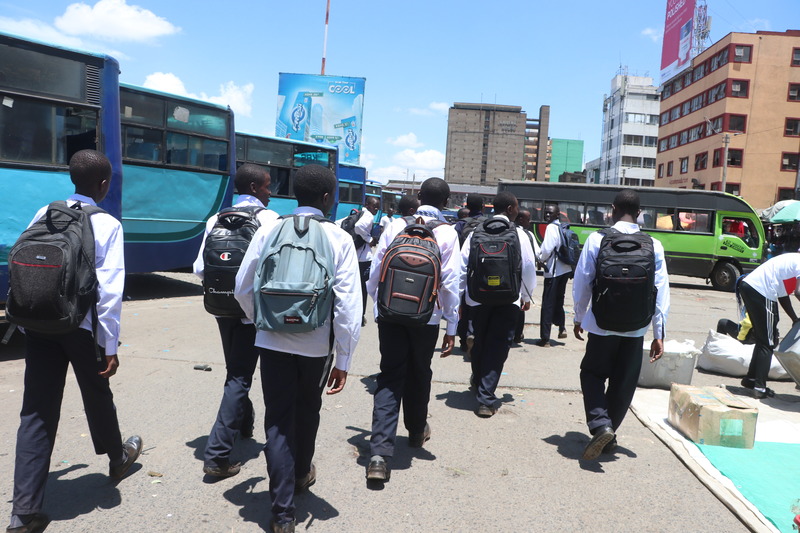
Learners affected by floods to be admitted to neighbouring schools -Ministry
Bashir Mohammed
|
1 day ago
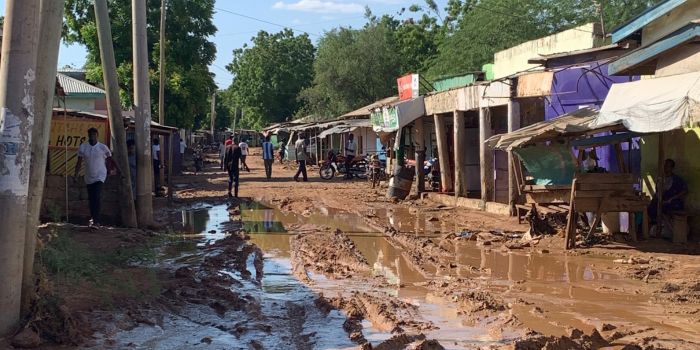
Garissa residents start to rebuild after floods
Issa Hussein
|
4 hours ago

